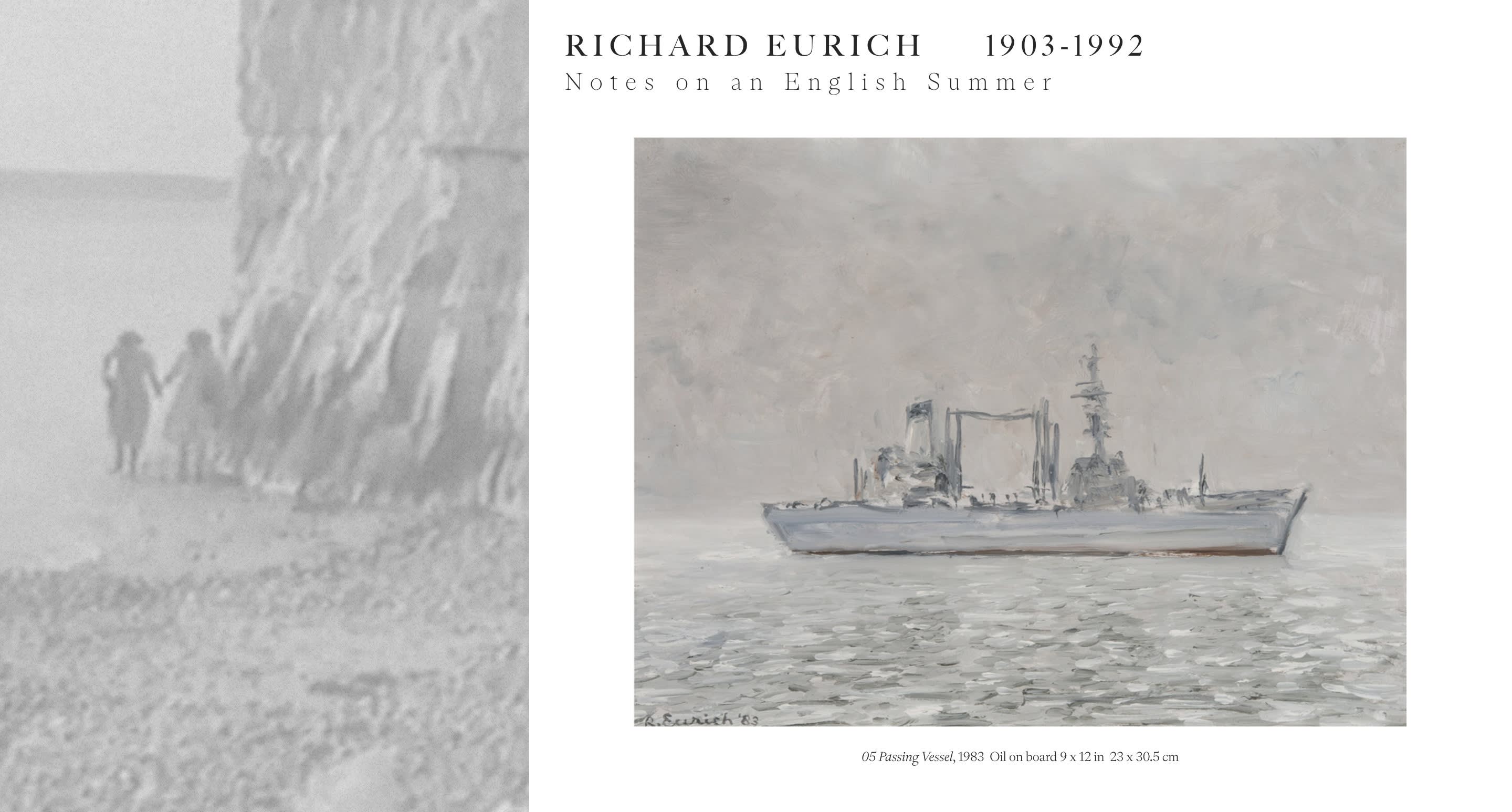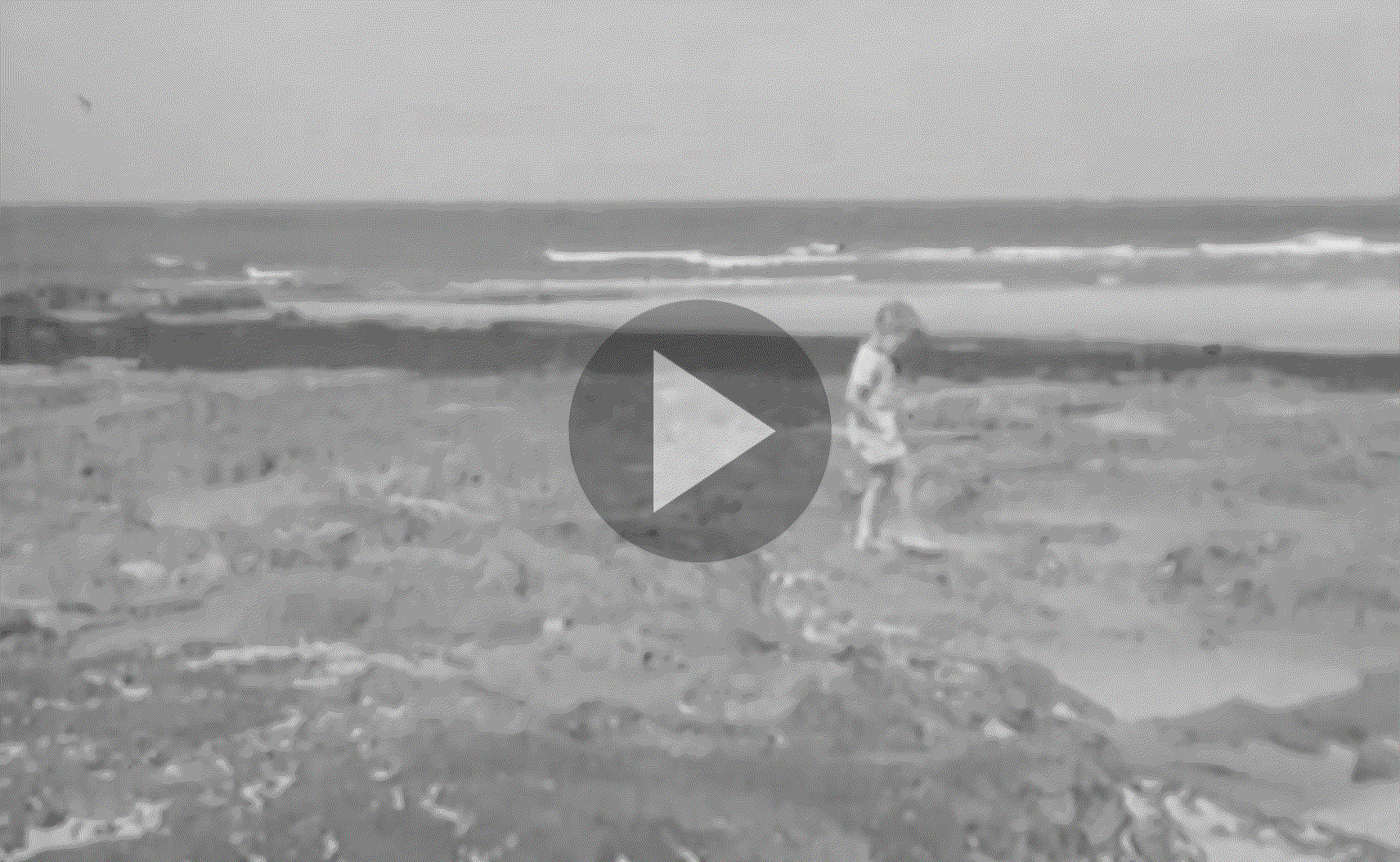Waterhouse & Dodd is proud to present the our online exhibition ‘Richard Eurich – Notes on an English Summer’. Through a curated group of 25 paintings selected from the artist’s estate, we present an undeniably original recount of the rituals of the British summer by Richard Ernst Eurich OBE RA.
Eurich’s name first became widely recognised when his notable painting ‘Withdrawal from Dunkirk’ was exhibited at the National Gallery in 1940 and he duly became best known as a war painter. Subsequently, his large panoramic landscapes, many of which now reside in museums, commanded attention through their immense size and wealth of unusual narrative details. There are a large number of Eurich’s works, however, that depict gentler scenes, represented using a limited palette intuitively laid upon the surface of a small piece of canvas or board. Such pieces make up the vast majority of Eurich’s oeuvre and have regularly been shown at Redfern Gallery, Arthur Tooth & Sons, The Fine Art Society and the Royal Academy and New English Art Club. Such works make up our current show.
Richard Eurich was an artist who liked to paint and painted what he liked. In 1929, following a show of his works at the Goupil Gallery, Eurich reflected that seascapes were distinctly out of fashion as a result of the cultural obsession with abstract art. Whilst aware of the shrinking desire and regard for ‘sea paintings’ at the time, this never prevented him from painting them. His drive to paint lacked the common vanity shared by many of the painters of his time, and instead was characterised by a continuous and almost automatic desire to create. As an artist, Eurich was a gentle, pensive and internalised character, a voyeur who obsessively painted the sea but never liked to swim in it. At times he had 8 cats climbing around his studio as he quietly illustrated the faces and clouds which had passed him by earlier that day on Lepe Beach. To quote his daughter Caroline: “ My father was a quiet man – on the surface”.
Listen to Caroline Martin discussing her father's work



